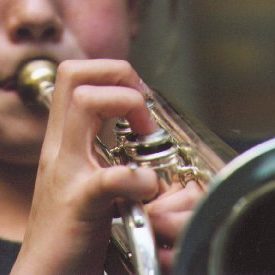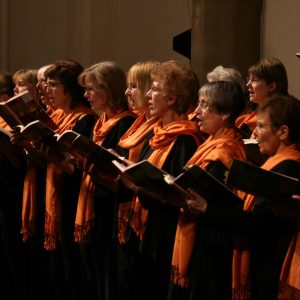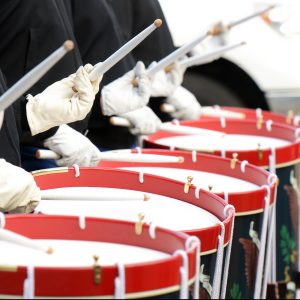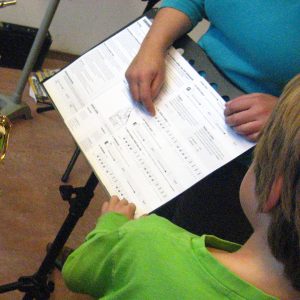Philip Harper: The Divine Right
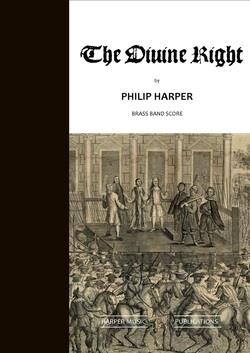
- Componist:Harper, Philip
- Uitgever:Harper Music Publications
- Instrument(en): Partituur
- Soort: Bladmuziek
- Uitgeversnummer: HARP 004-130
- ISBN: 9790900235275
Informatie
At the time of composing this piece, the Arab Spring was sweeping through the Middle East. It seemed that almost every week a new countrys people had risen up against the regimes and dictatorships which had prevailed for generations, leaving many nations at a defining crossroads in their history. There were so many possible ways ahead: so many hopes, yet so many uncertainties.
My music is a depiction of these revolutionary times, and several musical themes are in turn presented, discussed, considered, fought over, altered, rejected or accepted.
Most nations have had, or probably will have, their own Arab Spring, including my own, the United Kingdom. Events of 17th Century Britain provide the context for this piece, particularly those following the execution of the tyrant King Charles I on 30 January 1649. The regicide was in part due to Charless steadfast belief in the Divine Right of Kings, and led to a tumultuous interregnum, where England stood at its own defining crossroads. The music begins turbulently, before King Charles appears and is led to the gallows outside Banqueting House in central London where he is brutally decapitated. From the assembled crowd rose, according to one observer,
a moan as I never heard before and desire I may never hear again.
The music descends to emptiness.
The musical argument which follows is not strictly programmatic, but a number of musical themes are all thrown into the melting pot, representing ideas such as: religion; military force; reasoned Parliamentary debate; and the chattering, irrepressible voice of the people. Additionally, there are some quotations from the music of royalist composer Thomas Tomkins (1572-1656), who was often in tune with the feeling of the times.
This defining episode in Englands history was brought to a close with the Restoration of the monarchy in 1660, and as the exiled King Charles II rode back into London the diarist John Evelyn wrote:
Never was so joyful a day seen in this nation. I stood in the Strand and beheld it, and blessed God.
At the end of the piece the bells ring out, and the musical appearance of the King has transformed from turbulent to triumphant.
Philip Harper, 2013
- Telefonisch advies & bestellen
- 14 dagen bedenktijd
- Gratis retourneren
- Korting voor Docenten, koren of verenigingen
- Vanaf 30 euro = gratis verzenden
- Achteraf betalen


